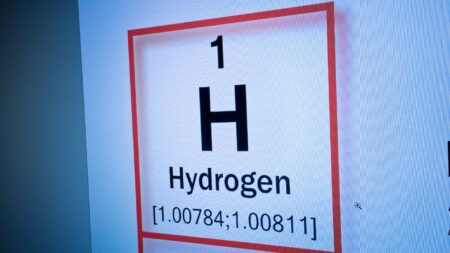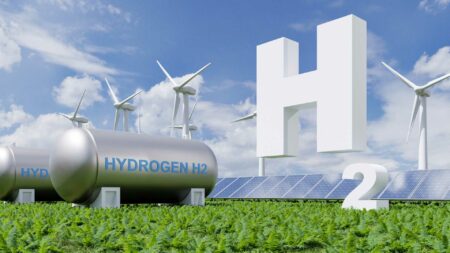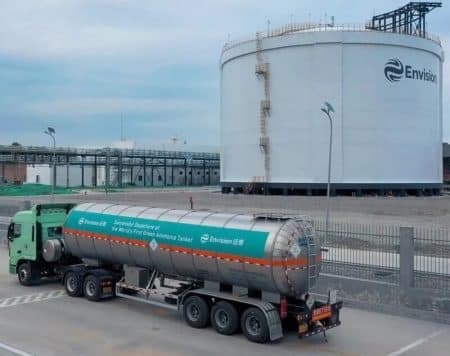Japan, a country renowned for its commitment to hydrogen fuel and clean energy, may seem like the ideal place for hydrogen taxis to flourish.
However, recent developments suggest that this promising technology still faces significant challenges. A luxury taxi operator in Kobe, MK West Group, introduced two Toyota Mirai fuel cell vehicles to its fleet, but the experience has been “somewhat underwhelming,” according to Group President Yoshiaki Aoki. The primary hurdle hindering the widespread adoption of hydrogen taxis is the high cost of purchasing and operating these vehicles. In this article, we will explore the goals, technology, potential impact, and challenges surrounding hydrogen taxis in Japan.
One of the most significant advantages of hydrogen taxis over electric vehicles (EVs) is their quick refueling capability. While electric vehicles require a minimum of 30 minutes to charge on a fast charger, hydrogen cars can be refilled in as little as five minutes. For taxi operators, this means reduced downtime, resulting in more efficient operations and increased revenue.
Despite the potential benefits, the current reality is that hydrogen fuel cell vehicles come with a hefty price tag. Aoki explained that the cost of a hydrogen fuel cell vehicle is approximately ¥1 million ($7,100) more than a hybrid car, assuming the H2 vehicle runs 150,000 kilometers (93,205.7 miles) a year as a taxi. This significant cost difference poses a major deterrent for taxi operators, who need to carefully consider the economic viability of investing in hydrogen taxis.
To encourage the adoption of hydrogen fuel as a green energy option, Aoki argues that hydrogen needs aggressive subsidies from the Japanese government. While the environmental angle is appealing, customers are not yet willing to pay extra for environmentally-friendly taxi services. Balancing environmental concerns with cost considerations becomes a crucial challenge in determining the future of hydrogen taxis.
Another aspect affecting the adoption of hydrogen taxis is the infrastructure required to support them. Compared to the well-established EV charging infrastructure, hydrogen refueling stations are relatively scarce. To make hydrogen taxis a practical option, a more extensive network of refueling stations must be established across the country. This would require substantial investments and commitment from both the government and private sector stakeholders.
Hydrogen taxis have the potential to revolutionize the taxi industry in Japan and beyond. Their quick refueling times would significantly reduce driver downtime and keep the fleet operational for longer periods, enhancing overall efficiency. Moreover, as hydrogen is a clean and renewable energy source, wider adoption of hydrogen taxis could contribute to reducing greenhouse gas emissions and combating climate change.
While hydrogen taxis hold great promise for the future of transportation, their current implementation in Japan faces significant hurdles. The high upfront costs, lack of infrastructure, and the need for aggressive subsidies are formidable challenges that need to be addressed for hydrogen taxis to become a viable and sustainable option. As the country continues to emphasize its commitment to hydrogen technology, it will be essential for stakeholders to work collaboratively to overcome these obstacles. Only then can Japan fully leverage the potential benefits of hydrogen taxis, paving the way for a greener and more sustainable transportation landscape.








